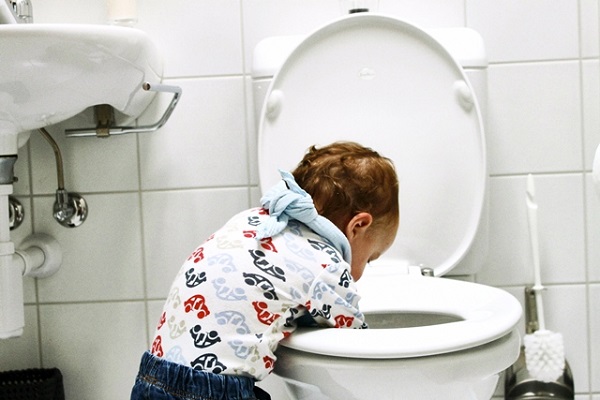
It’s dominating media headlines: the potential impact of coronavirus, also known as COVID-19, is front of mind for many. And with hand washing key to curbing the spread, how do we actually get people to do it?
Most of us don’t even wash our hands!
Generally we’re not too good at washing our hands. Globally, it is estimated that 4 in 5 people do not wash their hands with soap after going to the bathroom, despite hands being the principal carriers of disease causing germs. Thankfully, COVID-19 is already spurring some behavioural changes. Hand sanitiser sales are through the roof, with bottles needing to be rationed in some countries. How do we encourage people to regularly wash their hands? We need much more than 20% of the population to wash their hands after using the bathroom if the spread of COVID-19 is to be reduced!
Here are a few tips from behavioural science:
- Provide washing reminder at the right time: having information delivered at opportune moments influences decisions. This is why reminders can work so well in encouraging changes in behaviour. They act as a trigger. We don’t have to remember, we just have to react.
- Make the outcome of hand washing obvious. For example, you can use “surprise soaps” for kids: clear bars of soap with a surprise inside them. Each time a child uses the soap, he / she gets a little closer to the surprise inside it. A great incentive that can result in increased washing!
- Show that others are washing their hands too: what our neighbours do tends to have a big impact on what we do. Most people will wash their hands when someone else is in the room because it’s the socially accepted thing to do. Wanting to keep up with what others are doing has shown to be very powerful, even more so when people know they are being watched.
- Mention the potential threat of not washing – but not too much! People are willing to go the extra mile to protect themselves from a loss and sometimes, will pay a high price to avoid a negative outcome such as catching coronavirus. This could spur hand washing. But if you mention the potential threat too much, people can get fearful which has a paralysing effect.
- Make hand washing the right way easy: prescribing what people should do in easy steps can be very effective. It should be simple with hand washing as many of us already know how to do it. A simple example of this has been demonstrated in the UK where people were told to wash hands while humming happy birthday twice. It works wonders because humans have a bias for action, so let’s use it by making the desired activity as easy as possible!
Washing your hands is as much for you as for everyone else if it helps to stop the spread.
Go wash your hands folks!
This piece is based on an article originally published on think.ing.com.









